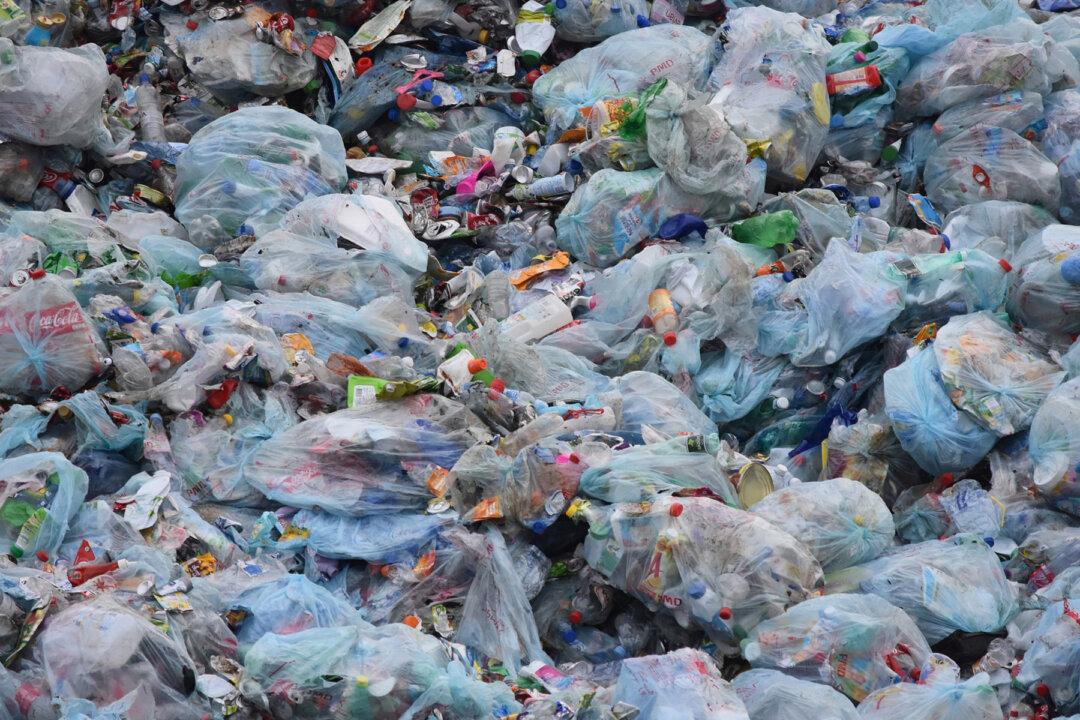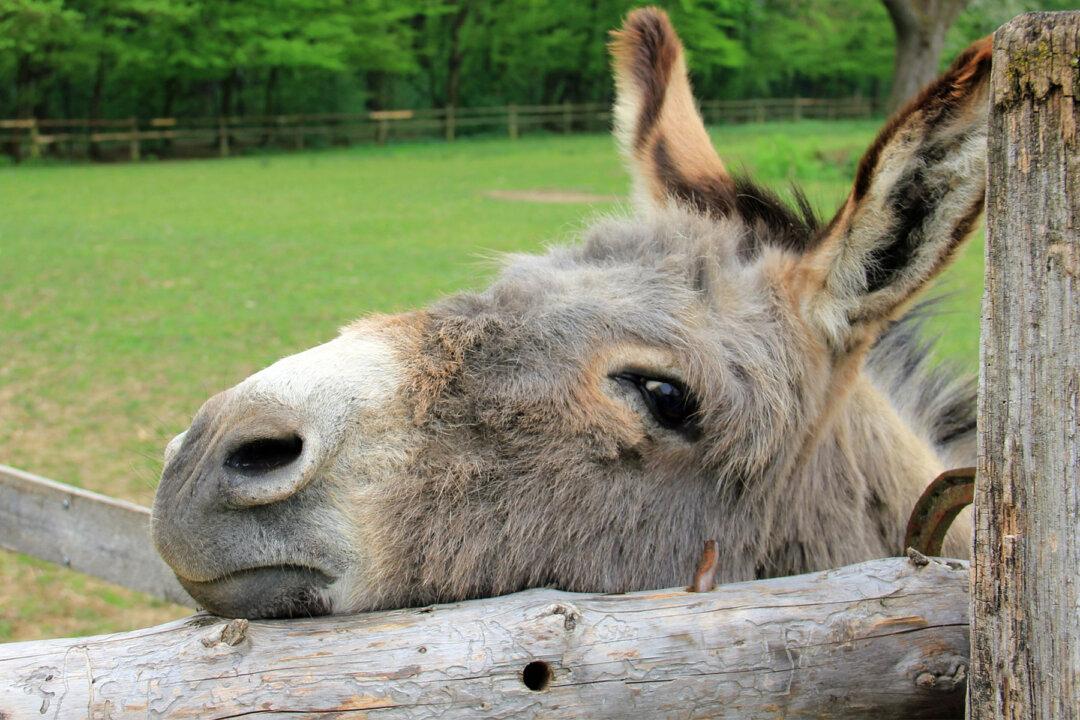We need a solution to the plastic problem that mankind has created on the planet. Could it be as simple as a caterpillar known as the wax worm? Or is that hoping for too much?
More than 1 trillion polyethylene plastic bags are used each year, and the plastic is resistant to breaking down. Researchers from the Institute of Biomedicine and Biotechnology of Cantabria in Spain may have found a solution, as reported in Current Biology on April 24, 2017.




